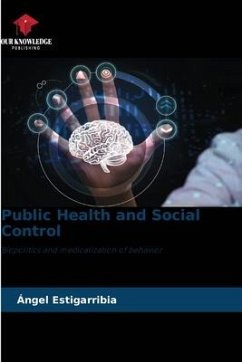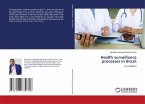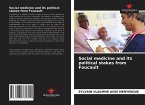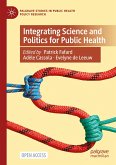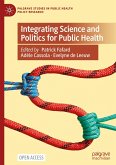The study analyzes the political possibilities of a key public health strategy: Primary Health Care and examines the specific role it plays in the system of social control, in the shaping of subjectivity and social habitus in relation to the political objectives of the State. To this effect, it describes the mechanisms for collecting information on individuals, families and groups; it investigates the process of searching, collecting and processing data; it analyzes the role of the community both in the monitoring of individuals and in the production of desirable behaviors for the State. It explains the implications of the system, the effects on individual and social habits under the discourse of healthy life and finally, glimpses the possible lines of escape.
Bitte wählen Sie Ihr Anliegen aus.
Rechnungen
Retourenschein anfordern
Bestellstatus
Storno

